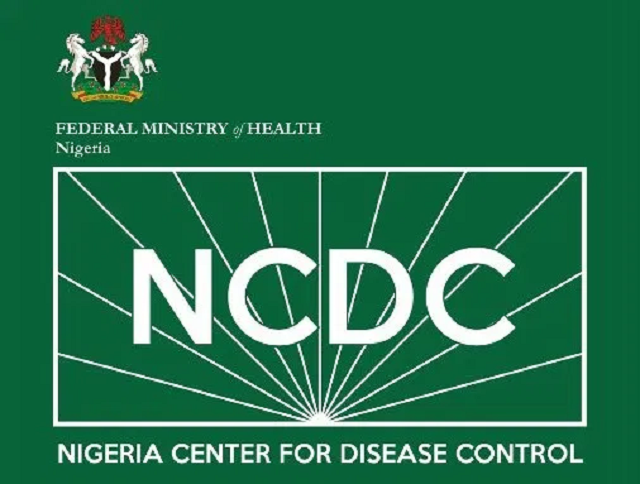The Nigeria Centre for Disease Control and Prevention (NCDC) has raised an alarm over the rising cholera cases nationwide as the rainy season progresses.
In a statement issued on Thursday, the NCDC Director-General, Dr. Jide Idris, reported that from January 1 to June 11, 2024, the country recorded 1,141 suspected cholera cases, 65 of which were confirmed, resulting in 30 deaths across 96 local government areas in 30 states.
The NCDC identified ten states as major contributors to the outbreak, accounting for 90% of the cases. These states are Bayelsa, Zamfara, Abia, Cross River, Bauchi, Delta, Katsina, Imo, Nasarawa, and Lagos.
A multi-sectoral National Cholera Technical Working Group, led by the NCDC and including the Federal Ministries of Environment and Water Resources, the National Primary Health Care Development Agency, the World Health Organisation, UNICEF, and other partners, has been providing support to the affected states. This support encompasses risk communication, active case searches, laboratory diagnosis, case management, provision of response supplies, water sanitation, hygiene interventions, and broadcasting cholera awareness messages in both English and local languages.
Cholera is a disease spread through contaminated food and water, caused by the Vibrio cholerae bacterium. It typically spreads when water is tainted by feces from infected individuals, which can occur at various points such as the water source, during transportation, or while being stored at home. Food can also become contaminated through improper handling, whether during preparation or consumption.
The NCDC highlighted that beverages prepared with contaminated water, street vendor ice, commercially bottled water, cooked vegetables, and fruits rinsed with untreated wastewater are potential transmission sources. Symptoms appear within two hours to five days post-infection, and the disease poses a higher risk in areas lacking adequate sanitation and clean water.
Common symptoms include sudden onset of acute watery diarrhea, often described as “rice water stools,” with or without vomiting, and can lead to severe dehydration and death within hours if untreated. However, about 80% of infected individuals may only experience mild symptoms or none at all.
Those most at risk include people of all ages living in areas with poor access to clean water and sanitation, residents of slum areas, rural communities dependent on unsafe water sources, individuals consuming potentially contaminated food or unwashed fruits, and those not practicing proper hand hygiene. Additionally, people affected by disasters leading to overcrowded conditions, caregivers of cholera patients, and healthcare workers without proper precautions are at higher risk.
Early detection makes cholera easily treatable, primarily through the prompt administration of oral rehydration solutions to replace lost fluids and electrolytes, along with appropriate antibiotics.
To prevent cholera, the NCDC emphasizes the need for access to safe drinking water, proper sanitation, waste disposal, and good hygiene practices, including frequent hand washing with soap and water, or using alcohol-based sanitizers when soap and water are unavailable. Food should be cooked thoroughly, and water should be boiled and stored in clean, covered containers.
The NCDC advises the public to avoid open defecation, indiscriminate refuse dumping, and improper waste disposal. Healthcare workers should practice standard safety precautions and enhance surveillance to report suspected cases.
The agency also urges state governments to prioritize solutions ensuring access to safe water, sanitation, and hygiene in communities. “As the NCDC continues to collaborate with partners in leading the health sector’s response to cholera outbreaks, there is an urgent need to improve access to clean water, proper sanitation, and hygiene practices,” the statement concluded.













